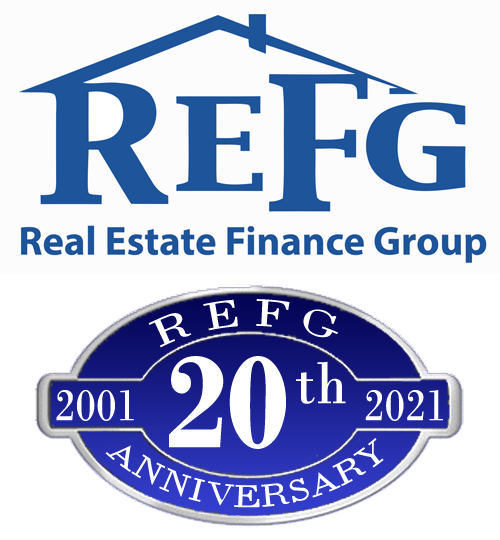A mortgage loan in an amount above conventional conforming loan limits. This standard is set by the two government-sponsored enterprises Fannie Mae and Freddie Mac, and sets the limit on the maximum value of any individual mortgage they will purchase from a lender. Fannie Mae (FNMA) and Freddie Mac (FHLMC) are large agencies that purchase the bulk of U.S. residential mortgages from banks and other lenders, allowing them to free up liquidity to lend more mortgages. When FNMA and FHLMC limits don’t cover the full loan amount, the loan is referred to as a “jumbo mortgage”.
The average interest rates on jumbo mortgages are typically higher than for conforming mortgages. As of 2010, the limit is $417,000 for most of the US, apart from Alaska, Hawaii, Guam, and the U.S. Virgin Islands, where the limit is $625,500. On February 13, 2008 President George W. Bush signed the Housing and Economic Recovery Act of 2008 (Pub.L. 110-289, 122 Stat. 2654, enacted July 30, 2008) which temporarily increased the conforming limit in the United States. The limit was raised to $729,750 or 125% of the median home value within the metropolitan statistical area, whichever is the lesser.
Initially due to expire in December 2008, the new limits have been extended through 2010. Mortgage lenders have not freely adopted these new limits, making them essentially “theoretical”, as mortgages above the old conforming limit of $417,000 still attract higher interest rates. On October 1, 2011 the amount of $729,750 will be reduced to $625,250.
Jumbo mortgage loans are a higher risk for lenders. This is because if a jumbo mortgage loan defaults, it may be harder to sell a luxury residence quickly for full price. Luxury prices are more vulnerable to market highs and lows in some cases. That is one reason lenders prefer to have a higher down payment from jumbo loan seekers. Jumbo home prices can be more subjective and not as easily sold to a mainstream borrower, therefore many lenders may require two appraisals on a jumbo mortgage loan.
The interest rate charged on jumbo mortgage loans is generally higher than a loan that is conforming, due to the higher risk to the lender. The spread, or difference between the two rates, depends on the current market price of risk. While typically the spread fluctuates between 0.25 and 0.5%, at times of high investor anxiety, such as August 2007, it can exceed one and a half percentage points. It can be more expensive to refinance a jumbo loan due to the closing costs. Some lenders will offer the service of an extension and consolidation agreement, so that a jumbo refinancer will not have to pay for mortgage tax again on the same principal balance.
In other cases, title insurance companies will offer up to a 50% discount, often required by law for those refinancing within 1 year to 10 years. The largest discount is for refinancing within one year.
